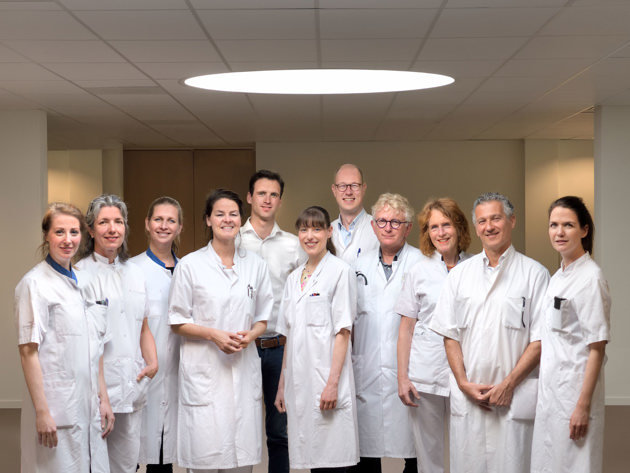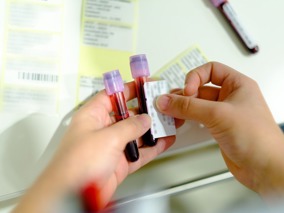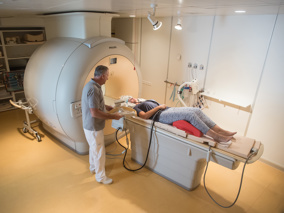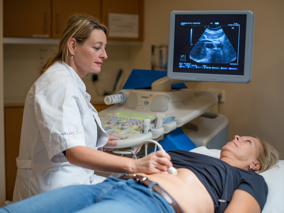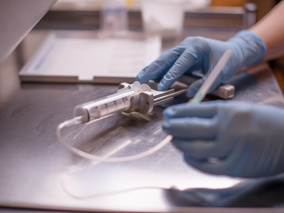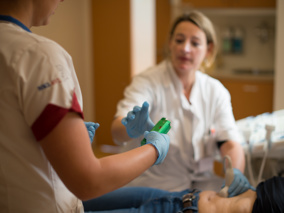Oral cancer
Oral cancer is a type of cancer that originates in the mouth. Oral cancer occurs in the lips, tongue, the bottom of the mouth, the mucous membrane on the cheek, the gums or palate. Almost all tumors in the mouth originate in the mucous membrane. That is the outermost cell layer in the mouth. These tumors in the mucous membrane are also called squamous cell carcinomas .
Oral cancer is not common. That is why only a few specialized hospitals treat this disease, for example the Netherlands Cancer Institute. Every year, about 200 people in the Netherlands develop lip cancer and 700 people get oral cancer. Oral cancer is more common in men than in women. Most of them are over 50 years old at the time.
On this page you can read more about the symptoms, examinations and treatments for oral cancer.
Learn more about oral cancer
Causes of oral cancer
The risk of oral cancer increases due to:
- Smoking or using chewing tobacco
- Drinking alcohol
- Poor oral care
Symptoms of oral cancer
If you have oral cancer, you may have an ulcer or lump in the mouth that does not heal on its own. You may also see red or white spots in the mouth. These are on the mucous membrane, the outer layer. Sometimes part of the face feels numb or numb.
Some people have loose teeth or pain in the mouth or even to the ears. Swallowing can be difficult or painful. This will help you lose weight. Some people have swelling in the mouth.
Metastases in oral cancer
Oral cancer can metastasize. This means that the cancer cells from the tumor in the oral cavity spread to other parts of the body. This can happen through the blood or the lymphatic system, the fluid channels in the body that clean up waste products.
Waiting
We want to inform you as well as possible about the waiting time per condition. We do this based on a prognosis of the current waiting list. The waiting time can vary from patient to patient for various reasons. Your attending physician will give you more information during your outpatient consultation.
-
5 days
First appointment
This is approximately how long it will take until you have your first appointment
-
5 days
Rapid diagnostics
This is approximately how long it will take before you can start rapid diagnostics at the NKI
-
7 days
Second opinion
This is approximately how long it will take before you come in for a second opinion at the NKI
 nl
nl
